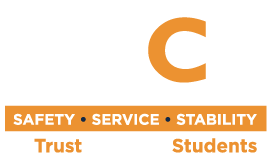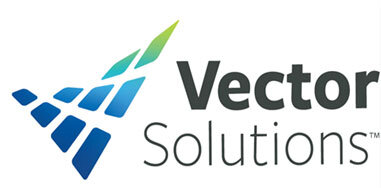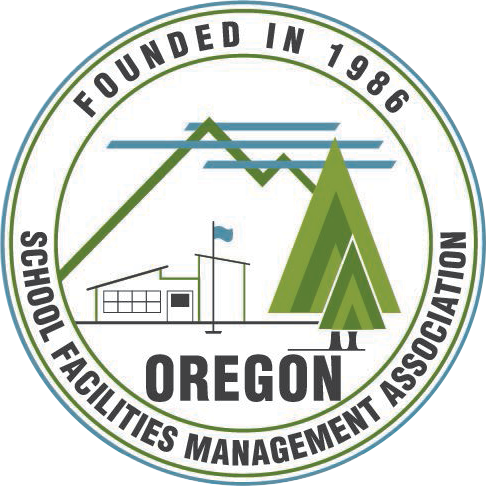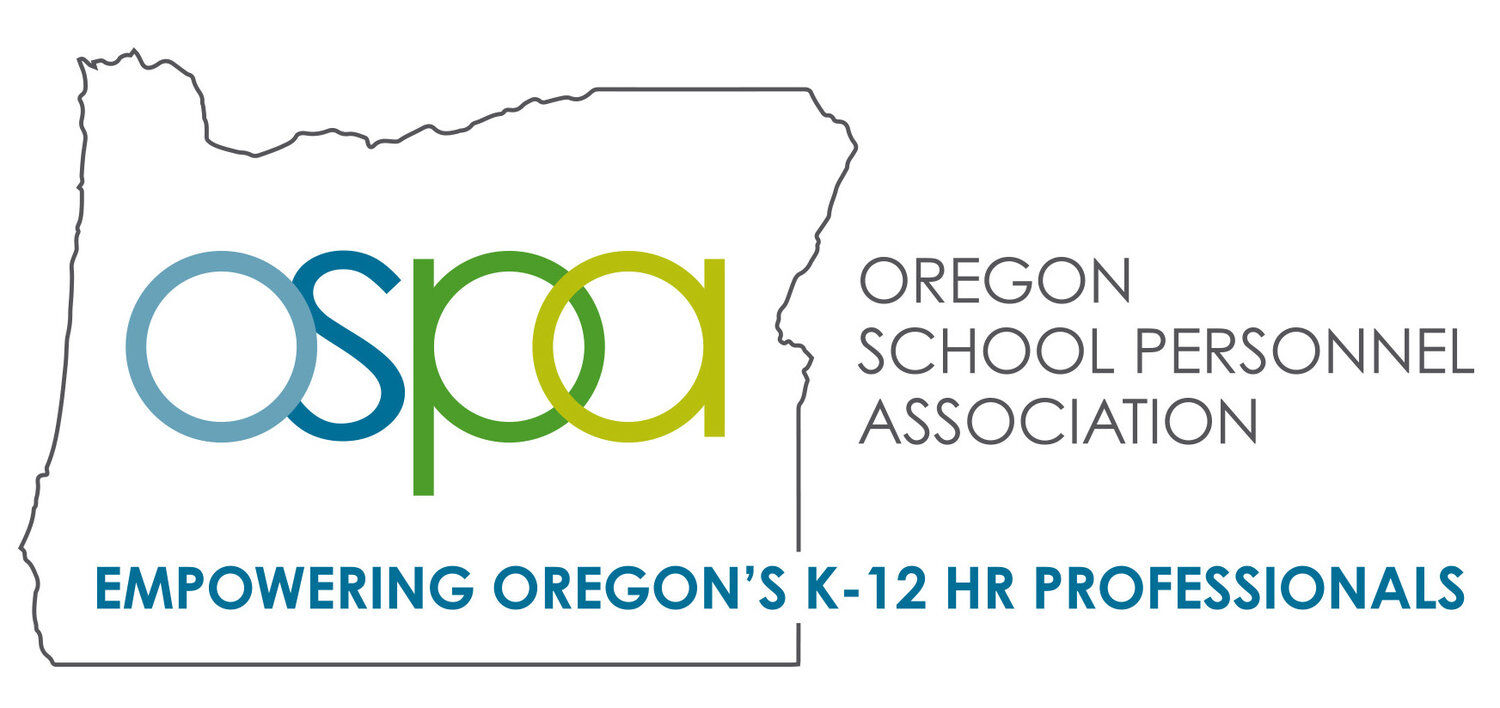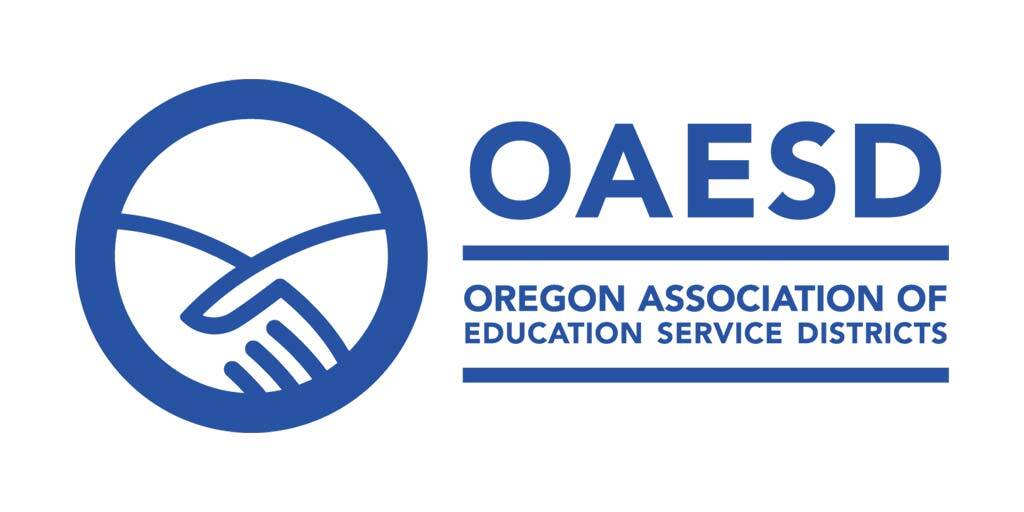Member Trainings
Risk Training Flyer
Download the flyer to find out all the recommended risk trainings that your organization can request – for free!
PACE Trainings
Trainings by Topic
Community Colleges
-
Community College Emergency Management
+
Utilizing recognized and publicly available resources to facilitate group conversations to develop, review, revise and exercises emergency operations plans.
-
Employment Practices Training for College Supervisors
+
This training can be adapted to meet your specific needs, but generally it covers labor relations, employee supervision and performance management best practices, protected class discrimination and harassment, respectful workplace, disciplinary process and hiring best practices. The training exposes supervisors to the very important public employment concepts of due process, just cause, progressive discipline and Weingarten rights. The length of this training is approximately four hours, but can be shortened based on your needs.
Facilities
-
Building Maintenance – 101
+
This program can be a Power Point presentation or a RMIS walk-through of the school property. It will walk through typical repairs that facilities staff may encounter. It will include an overview of preventative maintenance as well as looking for damage and repairing roofing, the building envelope including windows and doors and the mechanical/electrical systems. For RMIS walk-through, Risk Management will bring tools that SDAO Risk Management to help with building inspections. At the end of the program participants will have some ideas for not only what issues to look for in a school, but also some ideas for repair and maintenance.
-
Building – Grounds and Athletic Fields – 101
+
This program can be a Power Point presentation or a RMIS walk-through of the school property. It will look at grounds maintenance and may include a full inspection of grounds and athletics. It will include ideas for regular inspections of grounds and the associated components like fences, gates and utilities. It will also look at IPM and athletic fields, both grass and artificial turf, bleachers and other exterior components (water fountains, irrigation, sheds, etc.) At the end the participants will have some ideas for inspections to keep their facilities in better shape and some ideas for repair and maintenance.
-
Fire Extinguisher Use
+
Learn the basics of fire extinguisher use, different types of fires and fire extinguishers and how to conduct required inspections. The first goal at every school is to get the students out of the building safely then consider the use of a fire extinguisher. If needed you need to know how to use a fire extinguisher so we test your ability to extinguish a real fire.
-
General Hazard Identification
+
Benefit from PACE experience. This class provides resources to mitigate risks in shops, art departments, stages and elsewhere in your facilities.
-
Lead Awareness
+
The hidden presence of lead in many types of building/building products has had a silent but deadly impact throughout human history. In fact, some historians consider the harmful effects of lead to have been a leading cause in the decline and fall of the Roman Empire. Unfortunately, victims of lead poisoning are often unaware that the ordinary flu-like systems they are experiencing are likely to develop into much more serious long-term consequences. Learn about the potentially detrimental effects of lead in a school building and how to keep your staff and students safe from them.
-
Liability
+
When a visitor enters your district, they have a reasonable expectation of not getting injured. This means that the district is responsible for maintaining a relatively safe environment. This is known as “premises liability”. For example, a courier delivering a package may sue you for injuries if he/she slips and falls on a banana peel in the driveway. However, if that same courier happened to be intoxicated or otherwise acted in an unsafe manner, then he/she may not have a valid claim. In such cases, the court will focus on the status of the injured visitor, the condition of the property and/or the specific activities involved. This training will help participants to better understand the risks involved with premises liability and how best to mitigate or eliminate them.
-
Playground Hazard Identification
+
Learn how to inspect equipment, what to look for to reduce risks and best practices for keeping playgrounds safe for students. Identify public playground hazards (entrapment, entanglement, crush and shear, protrusions, tripping), ranks hazards according to injury potential, and helps district to prioritize repairs and removals and to routinely inspect their playground equipment in order to reduce injuries.
-
School Hazard Awareness
+
Benefit from the PACE risk management consultants experience. This class highlights all hazards associated with a school building, starting in the parking lot and entrance to the school. Then we travel through the hazards in all classroom types and common areas, such as weight rooms, gyms, theaters, athletic fields, etc. This class is designed for administrators, maintenance and custodial staff.
-
Science Laboratory Safety
+
This class is designed to review safety procedures including the use of fume hoods, chemical storage, spill containment and the hierarchy of safety controls – elimination, substitution, engineering controls, administrative controls and personal protective equipment – for best practices and safety.
-
Slip-Trips-Falls
+
Slips, trips, and falls are a leading cause of injuries. Effective solutions are often simple, inexpensive, and can lead to many other side benefits as well. This training will help you to achieve your injury prevention goals by showing you how fall accidents happen. You will also learn to identify common trouble areas and how to prevent or minimize patrons and students from falling on your campuses.
-
Theater Safety Training
+
This class is designed to teach safe practices in the theater. The very nature of theater involves some special hazards, including safety hazards, fire hazards and chemical hazards. Backstage crew, performers, and sometimes even the audience can be at risk. Within the theater, there is lifting of heavy scenery, and manipulation of this often-large scenery, props, and lighting or special effect equipment in a very small space. The hours of work are irregular, and the backstage is often very cramped, especially in older theatres, and there is the pressure that the “show must go on.”
Human Resources
-
Employee Leave Laws
+
Become familiar with and learn about how the different leave laws interact with each other, including the Oregon Family Leave Act (OFLA), the Federal Family Leave Act (FMLA), Oregon Sick Time law, Oregon Workers’ Compensation Law, and leave under the American with Disabilities Act (ADA).
-
Effective Hiring Practices
+
Good hiring practices can eliminate legal risks, reduce costs and improve staff morale. Learn legal requirements for evaluating job applications, conducting effective reference and background checks and managing all phases of the hiring process to avoid discrimination.
-
Conducting Investigations
+
Get it right the first time and protect the rights of all parties. This session walks you through the steps of conducting an error-free investigation. Learn when and how to investigate and make judgement calls needed to reach resolution.
-
Helpful Forms
+
Legal Services
-
Athletic Liability
+
Learn to develop good policies and procedures to respond to physical education and athletic injuries. Manage after-effects and prepare solid accident reports. Make sure activities and athletic programs comply with Title IX.
-
Bullying
+
Learn to recognize bullying, apply effective prevention techniques and take appropriate corrective action.
-
Child Abuse and Sexual Conduct Training for Administrators
+
As a school administrator, you are legally required to conduct adequate and through pre-employment background checks, provide adequate training for all newly hired employees and continuing training for current employees, promptly investigate concerns and take appropriate action. Learn the legally required hiring process, how to identify common signs of grooming and sexual conduct, and how to investigate matters brought to your attention.
-
Child Abuse and Sexual Conduct Training for School Employees
+
Learn about maintaining appropriate boundaries with students, how to identify potential abuse and sexual conduct and how to report potential abuse. This training covers appropriate social media interactions between staff and students as well as other forms of electronic communication with students. This training is appropriate for any school employee or volunteer.
-
Sexual Harassment and Employment Discrimination for Administrators
+
Understand legal and policy requirements regarding sexual harassment and employment discrimination, learn how to handle complaints effectively and take appropriate corrective action.
-
Sexual Harassment and Employment Discrimination for School Employees
+
Learn about appropriate staff-to-staff and staff-to-student workplace behavior. The training covers sexual harassment and appropriate workplace boundaries. The training also provides an overview of the classes of people protected under Oregon’s anti-discrimination law including race, religion, sex, disability, transgender status and more. This training is appropriate for any school employee or school volunteer.
Risk Management
-
Adult & Pediatric CPR/First Aid with AED
+
PACE offers 16 CPR and First Aid classes a year on a first come first served basis. These classes are limited to 12 people per class. This program helps districts meet OSHA and other federal and state regulatory requirements for training employees how to respond and care for medical emergencies at work.
-
Athletic Liability
+
Thousands of students are involved in athletics every year. This training is designed to educate athletic directors and coaches on the liabilities that exist in sports and the common causes of many athletic injuries. Participants will learn about general sports safety and best practices for each season and type of sport. We will also discuss how to prevent injuries by establishing proper expectations.
-
Concussions
+
This training will focus on the importance of proper concussion recognition and management in athletics. The course highlights the impact of sports-related concussions on athletes, teaches participants how to recognize a suspected concussion, and provides protocols for managing a suspected concussion incident with steps designed to help ensure that athletes safely return to play after a concussion.
-
Generational Diversity in the Workplace
+
Human resources managers are increasingly grappling with generational differences in their work forces. Issues can arise from the differing philosophies and communication styles of workers hailing from different eras. These frictions may be aggravated by the advent of new technology and fluid work patterns that blend workers of different ages together in ever-changing teams. This training will feature best practices for effectively managing and utilizing the differences in values and expectations of each generation.
-
General Student Supervision
+
This training is designed for all school staff that may supervise students at any time. As well there is three versions of this class available one is tailored to the primary grade levels, one for the high school level and the other is a combined K-12 training. Attendees of this class will learn the finer points of student supervision and reduce potential losses in the classroom, on the playground, on the bus, on field trips and a variety of other settings. Attendees will leave this class with a greater understanding of what is expected of them when they are charged with supervising students. As well as an understanding of the types of property loss and liability claims PACE experiences due to inadequate supervision.
-
Playground Supervision
+
This training is designed for any staff that has the duties of supervising playground activities. Administrators and custodians can also benefit from attending this training. In this class we review why playground accidents occur and how Districts can better protect students from being injured by developing rules and providing consistent good supervision on the playground whenever it is occupied. We cover topics including playground hazard identification, what good supervision looks like, the importance of creating rules for the playground, teaching the rules to the students, holding students accountable to the rules, preparing for emergencies on the playground and how many supervisors do you need. Attendees will leave with a better understanding of what is expected of them when supervising the playground and some resources to assist with developing a complete playground safety program.
-
Risk Management 101
+
This program is specifically designed for administrators. It will provide an overview of risk management in a school setting. It will include discussions on regulatory issues like DEQ, EPA and the Health and Safe Schools Plan as well as some of the hidden issues like chemical storage and safety in maintenance, grounds and custodial shops. It will also look at the typical custodial and maintenance problems associated with a school building. At the end participants will have a general knowledge of the “behind the scenes” issues that often occur in schools; recuing the surprises for the myriad of events administrators deal with.
-
School Workplace Violence Awareness
+
When a campus is threatened by violence: what administrators can do to ensure safety. This class focuses on the warning signs to look for and encourages the use of threat assessment teams. A key item to always consider is developing a strong relationship with your local law enforcement.
-
Generational Diversity in the Workplace
+
Human resources managers are increasingly grappling with generational differences in their work forces. Issues can arise from the differing philosophies and communication styles of workers hailing from different eras. These frictions may be aggravated by the advent of new technology and fluid work patterns that blend workers of different ages together in ever-changing teams. This training will feature best practices for effectively managing and utilizing the differences in values and expectations of each generation.
Transportation
-
Transportation Liability
+
A school district’s duty to protect its students from harm does not begin and end when the bell rings in the morning and afternoon. Transporting students safely to and from school is an important consideration in a district’s risk portfolio. This area, however, is highly nuanced, and it’s not always immediately clear who is liable for a student’s accident-related injury — especially when transportation is contracted out to a private bus company. What are the prudent steps can a district take to mitigate the risk of costly and sometimes tragic school bus accidents? This training will provide districts with a roadmap to follow regarding school bus accident liability, negligence and standards of care.
PACE – Driver Training Program
-
Accident Investigation
+
Sometimes accidents happen when you are driving. What you do next can help determine the likelihood of it happening again. Accident Investigations are an important piece to preventing future accidents. This course is designed to provide information about what an accident is, why and how to conduct a thorough investigation and how to create a report that identifies areas for improvement.
-
After an Accident
+
Everyone reacts differently to traumatic experiences. After an Accident there is important information that you need to provide and get. This training provides tips on what to do, what information to get and best practices to ensure the district is protected.
-
Attitude While Driving
+
Emotions play a large part of an individual’s driving habits. This class is designed to help identify different driving traits based on different emotions. We discuss how the influence of other factors like medications can affect driving and best practices to help mitigate these.
-
Backing and Maneuvering
+
The ability to handle a vehicle is sometimes taken for granted. This class is designed to discuss the different aspects of handling a vehicle. We discuss different concepts concerning steering, turning and backing. We discuss the dangers associated with parking and best practices that will assist the driver to have better control of their vehicle.
-
Bus driver safety
+
Learn best practice and basic principles of defensive driving. discuss different scenarios, what can be done to mitigate potential losses.
-
Defensive Driving
+
There is a difference between Offensive Driving and Defensive Driving. Defensive Driving is designed to help drivers make the appropriate response to different situations. This class discusses different situations and ideas of how to avoid potential accidents. It provides reminders about emergency service vehicles and some best practices for drivers.
-
Distracted Driving
+
Distracted driving related accidents are increasing at an alarming rate. Drivers are no longer only concerned about other drivers. This class helps identify the many distractions we are faced with today and some best practices for drivers to limit these distractions.
-
Driving with Trailers
+
Driving with a loaded trailer can be a tricky adventure. If the driver is not familiar with this, it can end in disaster. This class is designed to remind drivers about the different aspects of driving related to trailers. We discuss selecting the correct vehicle, connections, steering and securing loads. We will also discuss the challenges of backing a trailer and best practices that will help reduce the risk of an accident.
-
Environmental Driving
+
No matter where you live, drivers are faced with hazards. It is how we react to these hazards that make us safe. Environmental Driving is designed to provide best practices for drivers regardless of what environment they are in. We will discuss how the weather, location you are in and work zones create different risks and best practices for drivers to be aware.
-
Pre-Trip Inspections
+
Most people jump in their vehicle and drive away only to realize later something is wrong. A Pre-Trip Inspection can reduce or eliminate this from happening. This class is designed to remind drivers of what to check before they leave. We will discuss what to look for outside and inside the vehicle. We discuss different problems that may lead to not driving the vehicle and ideas for reporting these concerns to the appropriate person.
-
Drive Square Simulator
+
The ability for employees to practice driving in a safe environment has been very difficult until now! Our Drive Square Simulator is designed to do just that. Employees now have the opportunity to practice their skills while driving district vehicles with no risk. The simulator is designed to provide different hazards, drivers face every day. Drivers are able to practice the many different concepts they learned during the trainings. Districts that would like to use the simulator are required to attend at least two of our in-person trainings or two of the online trainings.
SafeSchools / Higher Education Training / Vector Solutions
Abuse and Sexual Conduct Training Volunteer/Contractor/Parent
-
Learn More
+
- Go to the training site.
- Click Register button
- Enter the code (codes are below for contractor, volunteer and parent)
- Create username and enter your name.
- Click location and select your members entity name. This is an important step to ensure the entity receives your training certification. It’s also important to save the PDF version of your certification for future use or with other entities you may visit or work with.
- Start the training and complete at your convenience.
- Once you have successfully finished the training, a record of the class will be provided to print. A record will also be stored in the entity you selected showing completion of the course.
Codes:
- Contractor: 53ae6612
- Volunteer: 093efff6
- Parent: dc07938a
Free Online Courses
-
Learn More
+
See the free online courses sponsored by PACE are available through SafeSchools® and Higher Education Training.
Exceptional Child Courses also available (see free online courses above).
- PACE members can access over 200 reduced rate online courses through SafeSchools® and Higher Education Training.
- Additional courses available through Vector Solutions. View K-12 course catalog | Higher education catalog | contact Vector Solutions for pricing information
- Need help? Contact the support center
SafeColleges Alert Tip Reporting System
-
Learn More
+
The SafeColleges Alert Tip Reporting System helps increase administrator’s chances of receiving the one tip that prevents a serious safety incident on campus. The easy-to-use system allows administrators to more effectively receive, manage, and investigate tips on sexual assault, threats of violence, hazing, and more. Users can submit 5 convenient ways: website, email, phone call, text message and mobile app.
To enroll, contact at [email protected] or [email protected].
Questions? Contact [email protected].
